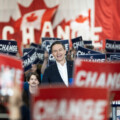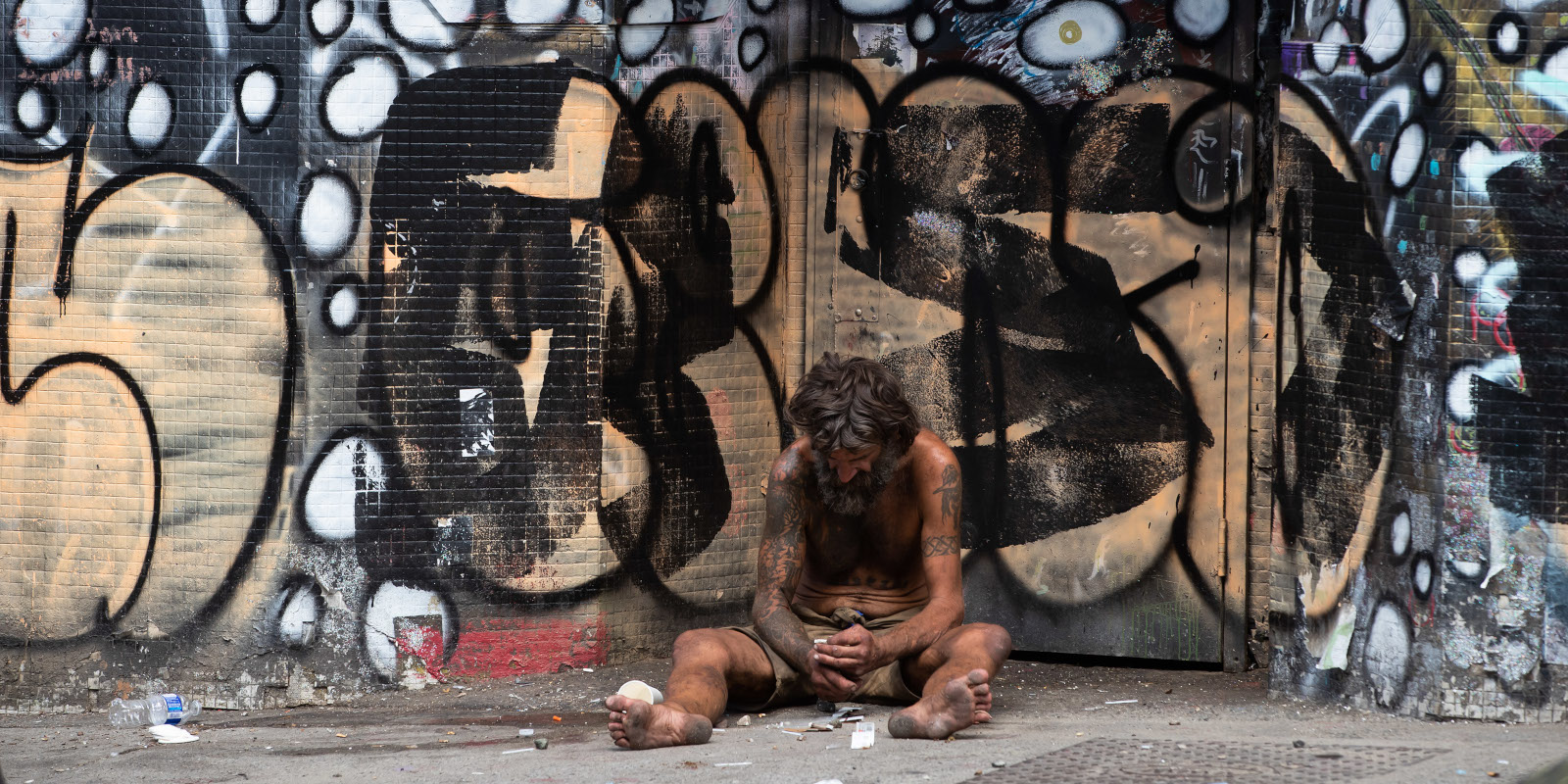Ken Sim was officially inaugurated as Vancouver’s 41st mayor on Monday, and a viral documentary may have helped get him to that moment. His landslide victory over incumbent Kennedy Stewart surprised many, as polls released close to the October 15 election suggested the contest would be decided by paper-thin margins.
Released on October 5, 2022, just 10 days before Vancouver’s municipal election, independent filmmaker Aaron Gunn’s Vancouver is Dying highlights the expanding urban decline of the city’s Downtown Eastside (DTES) neighbourhood over its 55-minute runtime. The film has been viewed over 2.2 million times on YouTube.
“I thought there were many issues plaguing Canadian society,” says Aaron Gunn, the documentary’s producer and director. “Over the past 20 years, crime has gotten worse, violent attacks have gotten worse, deaths from overdoses have gotten significantly worse. I just wanted to pull the curtain back as much as possible.”
A significant share of Vancouver is Dying’s run time is devoted to criticizing then-mayor Kennedy Stewart’s approach to addiction, crime, and homelessness. While neither Gunn nor any subject in the documentary specifically endorsed a candidate in the mayoral race, Stewart’s tenure and policies were not cast in a favourable light in the film.
Gunn is active in conservative politics at both the provincial and federal levels, having formerly worked for the Canadian Taxpayers Federation and BC Proud. He says that he hopes his film did help inform how Vancouverites voted.
“It was viewed by over 100,000 people from Vancouver in the 10 days leading up to the election. So something happened, and whether you can tie that to the documentary or not, I guess we can’t be sure. But I’d like to think it played a role.”
Sim won the election with roughly 85,732 votes. Vancouver is Dying had over 1 million views on YouTube within two weeks of release.
The documentary is part of Gunn’s Politics Explained series which covers topics like inflation and housing, but Vancouver is Dying has far surpassed any of them in the number of views.
While Vancouver is Dying has been called a polarizing documentary and been subjected to some criticism, Gunn says almost all his feedback has been positive.
The entire province of British Columbia has been wracked by rising problems of crime and addiction in recent years. Violent offenders, often suffering from mental health problems, are routinely released within hours of being detained, a process blamed on strained resources and derisively labelled as “catch and release”.
Meanwhile, the provincial NDP government, and now-former mayor Kennedy Stewart, have endorsed a policy of “safe supply”, entailing the provision of free drugs, or drug supplements, to addicts. During his mayoralty, Stewart curtailed the Vancouver Police Department’s powers and shrunk its budget on one occasion.
One of Sim’s most prominent campaign promises was hiring 100 more police officers along with 100 more mental health nurses to help tackle the double-digit increases in violent assaults and theft in the city.
Costing roughly $15,000 to produce, the Pacific Prosperity Network (PPN) contributed $5,000 to Vancouver is Dying’s production, as well as an additional $2,000 for sponsoring a screening event in downtown Vancouver.
Founded in November 2021 as a political action committee, the PPN was explicitly created to aid the political campaigns of right-of-centre candidates in BC, especially within cities like Vancouver, where progressive politicians have dominated for over a decade.
PPN founder Micah Haince says the organization was not directly involved with any candidates in Vancouver, but he is pleasantly surprised with the reach of Vancouver is Dying, as well as Sim’s victory.
“I think that the result speaks for itself,” says Haince. “If we can put out real, hard-hitting content that then changes, or can move the needle, in terms of public opinion…there’s a ramification, or effect on culture and therefore politics.”
Haince hopes that PPN will be able to sponsor similar content during future elections. The PPN’s stated goals include promoting public safety and pro-business policies, both of which were also part of Sim’s platform.
However, Sim’s campaign has pushed back on the narrative that his candidacy was conservative, noting the slate of A Better City (ABC), Sim’s municipal party that also won a majority on city council, contained candidates from across the political spectrum.
Some commentators have described Sim as a centrist, rather than a conservative. A businessman before entering politics, Sim appeared at a gathering of federal Liberals in the nearby city of Richmond two days before his inauguration. On the other hand, at least one of the businesses Sim founded also donated to right-of-centre provincial parties in BC as recently as 2017.
ABC representatives said the concerns of Vancouver’s different communities, ranging from Chinatown residents to rugby organizations who felt unheard by city hall, drove the party’s victory. PPN’s most high-profile backer is billionaire Lululemon founder Chip Wilson, who donated $380,000 in the summer.
In the past, Wilson has openly espoused politically conservative ideals, as well as environmental ones, having donated a substantially larger $100 million to the BC Parks Foundation to protect natural spaces. ABC has publicly stated that Wilson’s values do not align with the party. Nonetheless, Wilson has made yearly donations to ABC, is reportedly a friend of Sim, and made an appearance at ABC’s election night event.
Stewart Prest, a political scientist at Quest University in Squamish, says Sim is right-of-centre on certain issues like public safety but that that is balanced by Sim’s socially progressive stances in other areas.
Like Gunn, Prest is unsure about the exact impact of the documentary and the PPN on the Vancouver election.
“I think it’s fair to say that they’re part of the expression of frustration with the previous council that was coming from a number of different directions,” says Prest. “But it’s really hard to say how much effect with any particular campaign contribution or statement. So it’s something, but hard to quantify.”
Noting that the total views of Vancouver is Dying exceeds the population of Vancouver itself, Prest says properly assessing its impact would require geographic data of where the views were coming from. However, Prest believes the documentary contributed to the changing narrative of the municipal election, which became dominated by talk of public safety and addiction.
“I think you would have a certain target audience and it would resonate with a motivated cross-section of voters, but we don’t necessarily see the actual votes cast for politicians who are directly responding to issues either,” says Prest.
Haince believes that Gunn, an independent filmmaker, went deeper into the issues of addiction and crime than any mainstream outlet and accessed more voters as a result. Gunn hopes filmmakers and activists will embrace longform journalism going forward, instead of short online clips and soundbites, so that voters can explore these types of issues with the proper nuance.
“There’s no replacement for longform journalism, whether it’s longform print or longform video,” says Gunn. “There are just some topics that you cannot do proper justice to in 30 seconds or a minute.”
Recommended for You

‘Our role is to ask uncomfortable questions’: The Full Press on why transgender issues are the third rail of Canadian journalism
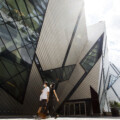
Lydia Perovic: The future of history looks bleak, if Toronto’s museums are any indication
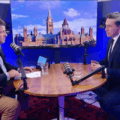
‘We have to cap population growth’: Ten quotes from Pierre Poilievre’s EXCLUSIVE Hub interview
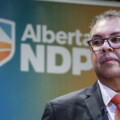
A win, a warning, and a wobble in Alberta’s byelection results
